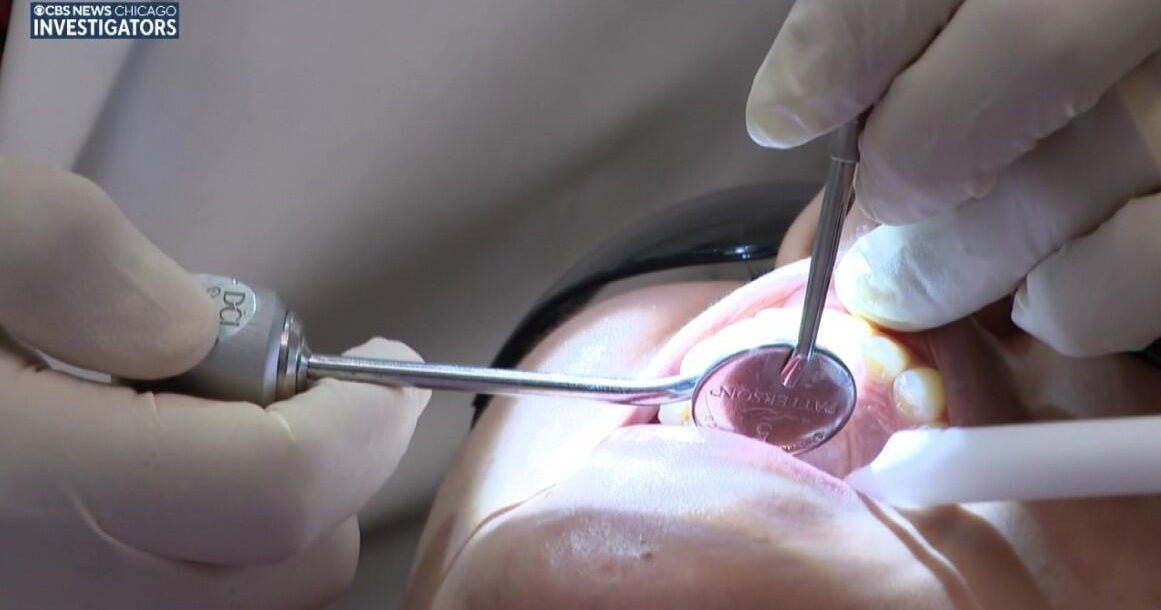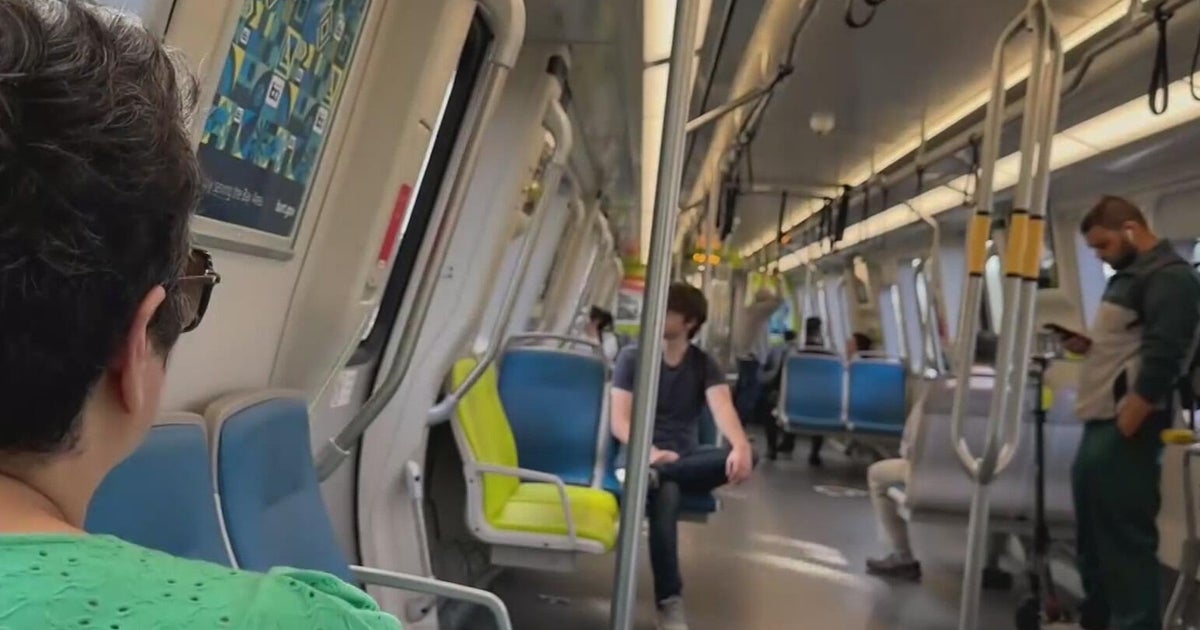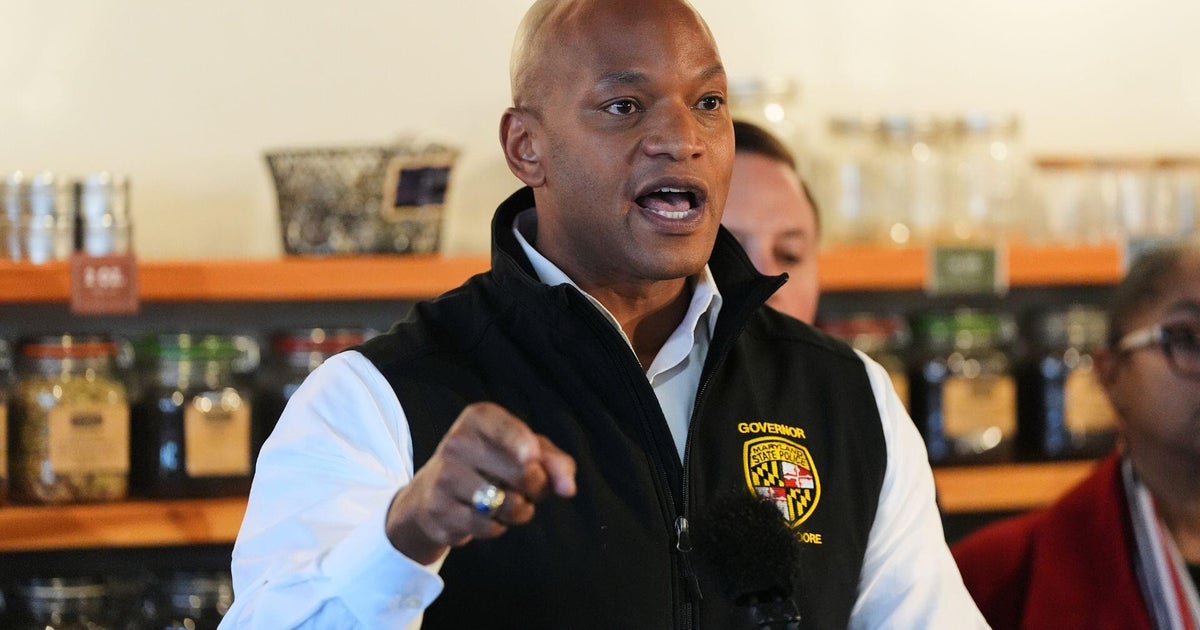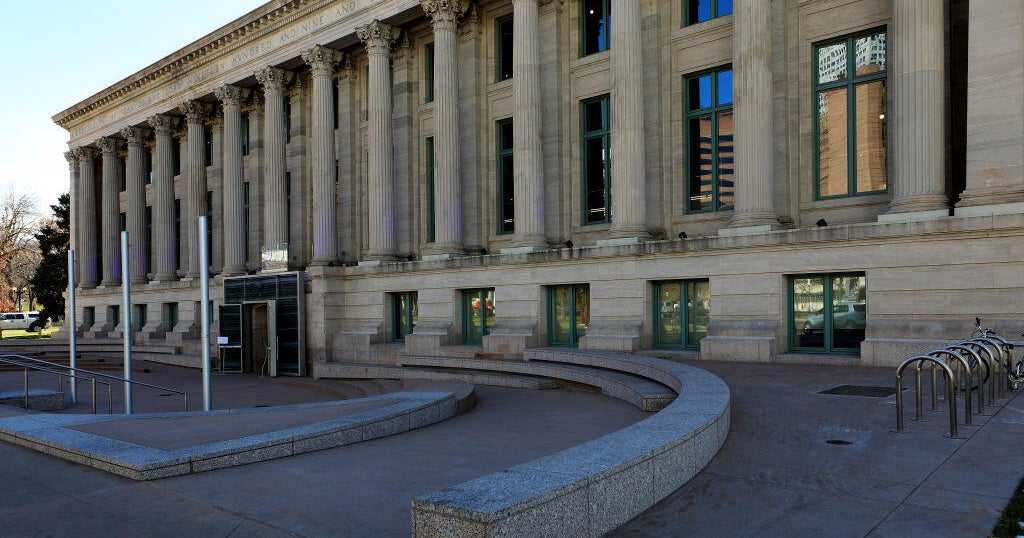First Elected Term Brings Big Challenges For Quinn
CHICAGO (CBS/AP) – Even if state lawmakers approve a major income tax hike as Gov. Pat Quinn is inaugurated for his first elected term, the state's budget problems will last long after he's sworn in on Monday.
Quinn begins his first full term at what might be one of the worst times to be governor in Illinois history.
The state is trying to get out from under the immense burden of a deficit approaching $15 billion. And Quinn, the state's former lieutenant governor, took office two years ago when then-Gov. Rod Blagojevich was kicked out of office by the General Assembly after he was arrested on federal corruption charges.
Quinn takes the oath amid a last minute push by the state's top Democrats to pass a hefty income tax increase before the disappearance of lame-duck lawmakers makes it far more difficult when a new General Assembly takes office Wednesday. Party leaders said they did not have the votes for it as of Friday, but expressed confidence they could find them.
Quinn has said his narrow election victory in November gave him a mandate to raise taxes to deal with the state's budget crisis and a deficit that could hit $15 billion this year. But it won't solve the whole problem and will be unpopular with some voters despite Quinn's campaign pledge to raise taxes.
"He's going to have challenges that no other governor has ever had," said former Republican Gov. Jim Thompson.
The proposed bump in the income tax and a loan to pay overdue bills would get the state out of crisis mode, but more changes still need to be made to keep Illinois' finances from spiraling out of control again.
Quinn, who has been locked in tax and budget negotiations, has been largely out of sight in recent days and hasn't laid out what his other priorities may be. Nagging issues still linger, including the best way to fund public schools and improve their performance, managing the state's prison population and what to do, if anything, about the state's moratorium on the death penalty.
Until now, Quinn has had no success in persuading lawmakers to raise taxes, even as the state's financial condition worsened. The plan lawmakers are considering is significantly more than the 1 percentage point surcharge for education he had proposed.
Quinn and the two powerful Democrats who run the Legislature -- House Speaker Michael Madigan and Senate President John Cullerton -- are now in agreement on a plan to temporarily and then permanently increase the personal income tax rate from 3 percent to 5.25 percent for four years and then drop it back down to 3.75 percent.
The increase is expected to generate $7.5 billion a year during the four years when the tax rate is at its highest. An $8.5 billion loan to pay the state's late bills would also help the state dig itself out a hole and that borrowing would be paid back with money from the tax increase.
Illinois Chamber of Commerce head Doug Whitley said Quinn hasn't shown solving the state's financial challenges to be his "strongest suit," but he urged Quinn to cap spending and not be tempted by the lure of new money if a tax increase approved.
"The budget gap is so great that there's no way he can talk about using any of those dollars to talk about increasing state spending," Whitley said.
In a new term, Quinn will face tough choices about how to make changes in how government operates so budget problems don't perpetually haunt the state. Lawmakers have made some attempt by passing pension reforms, and they recently sent Quinn legislation that is supposed to save money in the state's Medicaid program, which provides medical care for the poor.
Kathy Ryg, president of Voices for Illinois Children, said Quinn's focus must be on fixing the crisis the state imposed on social service agencies by not paying them what they were owed, which forced some providers to end programs.
Ryg said Quinn needs to make sure taxpayers know their money pays for important services, such as early childhood education.
"He has four years to be the leader in reminding the people of Illinois how we need to take care of our children, our family and our communities and return the discussion to what are our values and how.we demonstrate that by the investment we make," she said.
Taxpayers may not be thrilled at the prospect of paying more taxes, but some said they understood why the state may need to move that way.
"They probably have to do it," said Julian Manning, 63, who works as a custodian in Chicago. "No, I don't like it."
Democratic Rep. Lou Lang said he expects Quinn to become "a little bit of a stronger governor" now that he has been elected by voters. Quinn, Lang said, is working very hard and "learning how to use the tools in the tool box."
But new political realities could complicate matters for him. The Democratic majorities in the Legislature have shrunk, and the state's top two elected financial officers -- the comptroller and treasurer -- will be Republicans.
"Being the governor of the state of Illinois is one of the most extraordinary gifts that the people of this state can bestow on anybody," Thompson said. "And despite all the challenges, or maybe because of them, it is an extraordinary opportunity to demonstrate your worth, your smarts and your guts. So his attitude, I'm sure, is 'Bring on the challenges and let's conquer them one by one.'"
(TM and © Copyright 2010 CBS Radio Inc. and its relevant subsidiaries. CBS Radio and EYE Logo TM and Copyright 2010 CBS Broadcasting Inc. Used under license. All Rights Reserved. This material may not be published, broadcast, rewritten or redistributed. The Associated Press contributed to this report.)







